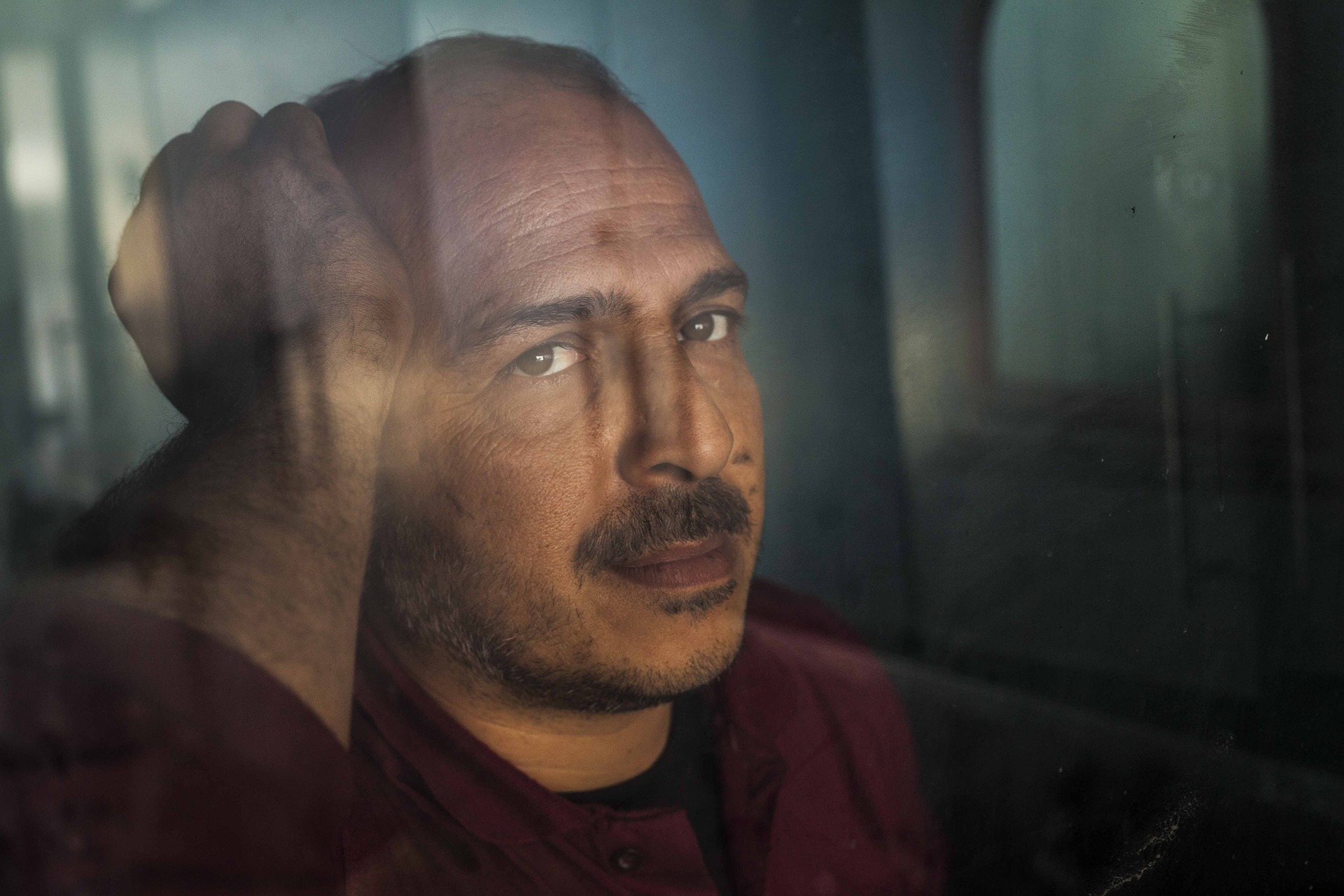“Be strong, be fearless, be beautiful. And believe that anything is possible when you have the right people there to support you.” – Misty Copeland
What is depression?
Depression can be defined in many ways depending on who you ask and what source you garner your information from. Depression in and of itself does not have to be a clinical diagnosis. However, it can impact your daily life, inhibiting your ability to take care of yourself in many ways.
 Feeling depressed does not mean you have clinical depression, but it does mean that you are experiencing something that is holding you back from having a healthy mind, body, and soul. Major Depressive Disorder is a mood disorder that can cause sadness and hopelessness. It can also impact you emotionally, cognitively, intellectually, physically, and spiritually.
Feeling depressed does not mean you have clinical depression, but it does mean that you are experiencing something that is holding you back from having a healthy mind, body, and soul. Major Depressive Disorder is a mood disorder that can cause sadness and hopelessness. It can also impact you emotionally, cognitively, intellectually, physically, and spiritually.
To be diagnosed with clinical depression, you must be experiencing a certain number of symptoms over a certain period. You must also be assessed by someone who is licensed to diagnose you with such a disorder.
Depression can also look different in people of different ages, genders, socioeconomic statuses, religious backgrounds, or who may have experienced different life events, etc. Black men and women who have experienced a certain level of trauma due to racism stemming from the history of slavery in this country can sometimes experience depression differently. A Black woman might overcompensate, and overproduce, while a Black man might seem stoic and unemotional.
In addition to race being a factor that changes the symptomology of depression, gender can also be a factor. Women are twice as likely as men to be diagnosed with depression. One of the reasons for that is that men may not present in a way that is common for the depiction of depression.
It’s important to not only assess what the primary symptoms of depression are according to the DSM, but it is important to understand how culture, race, gender, age, socioeconomic status, religion, and other factors impact an individual and change the symptomology of depression.
Common symptoms of depression
Below are some common symptoms of depression. This list is in no way comprehensive, but with depression, the following are usually affected in some way.
- Weight loss or weight gain
- Hopelessness or loss of interest or pleasure in activities
- Increased isolation
- Lack of sleep or increased sleep
- Thoughts of suicide
- Increased sadness
- Agitation, irritation, and increased frustration
- Lack of energy or motivation
- Anxiety, worry, or general discontent
Uncommon symptoms of depression

It is important to know, identify and understand uncommon symptoms of depression because people may experience depression differently. Again, when looking at male vs. female, Hungarian vs. Asian American, adults vs. children, etc., one finds both common symptoms that span the entire spectrum and uncommon symptoms that one would need to be aware of in order to ask for help.
- Overcompensating
- Over-productivity
- Perceived happiness
- Constantly denying the state of emotions or events
- Physical pain and other health issues
- low sex drive
- lack of processing or reflection skills
Is it just a spiritual issue?
If you are someone of the Christian faith, it may be easier to think that what you are experiencing is only spiritual. But God is complex, and as those created in his image, we are complex as well. God has ordained certain people such as doctors, therapists, pastors, educators, and others with the tasks of helping his people become healthy and free, intellectually, emotionally, physically, and spiritually.
Without question, God can do anything, including miraculously healing you of any physical or spiritual ailment. But just because God does not do this, and uses the means of a doctor or therapist, does not make it less of a miracle. God has given insight, compassion, grace, and wisdom to certain people so that they can help others to experience freedom from their afflictions.
 There are many components to someone experiencing depression and being clinically diagnosed. Sometimes it’s not just due to chemical imbalance, death, trauma, evil spiritual forces, or drug induced. It can sometimes be all the above or some combination of them.
There are many components to someone experiencing depression and being clinically diagnosed. Sometimes it’s not just due to chemical imbalance, death, trauma, evil spiritual forces, or drug induced. It can sometimes be all the above or some combination of them.
God does not always change our circumstances, but he is always present with us in them as we endure.
“In my deepest, darkest moments, what really got me through was a prayer. Sometimes my prayer was ‘Help me.’ Sometimes a prayer was ‘Thank you.’ What I’ve discovered is that intimate connection and communication with my creator will always get me through because I know my support, my help, is just a prayer away.” – Iyanla Vanzant
How to know if you’re depressed
Self-assessments: There are many types of self-assessments that are available online for download. This can be used as a guide to whether you would like to seek more help from a professional or whether your symptoms require some other kind of aid.
Below are some self-assessments:
- Beck’s Depression Inventory: https://www.ismanet.org/doctoryourspirit/pdfs/Beck-depression-Inventory-BDI.pdf
- Zung’s Self-Rating Depression Scale: http://www.mentalhealthministries.net/resources/flyers/zung_scale/zung_scale.pdf
- Patient Health Questionnaire (PHQ-9): https://www2.gov.bc.ca/assets/gov/health/practitioner-pro/bc-guidelines/depression_patient_health_questionnaire.pdf
DSM: This is used by Licensed practitioners to determine and diagnose individuals with clinical disorders. This can be used by anyone to look at symptomology, etc. related to depression.
Checklist: https://www.uclahealth.org/resnick/checklist-for-depression
Monitoring: https://www.therapistaid.com/worksheets/daily-mood-chart.pdf
Speak with trusted friends/mentors: Ask people that you trust about what you may be experiencing and find out what resources they may have.
See a therapist to fully diagnose you: There are many resources if you need help correctly identifying and diagnosing your depression. Research Therapists in your areas
- https://www.psychologytoday.com/us/therapists/christian/california
- https://www.christiancounselordirectory.com/Therapists/Therapists.aspx?State=California
- http://www.christiancounselingcenters.org
- https://culvercitychristiancounseling.com

Depression can look different depending on who you are, how you see the world, and what you have experienced. Remember that even though your symptoms are not exactly as identified above, you may still be experiencing some type of depression.
Depression is a spectrum. Some people experience one episode in their entire lives, and others experience it every day, all day, and feel hopeless about it. Please be curious about your symptoms and heed the warning they are giving you.
If you find that you are experiencing some of these common or uncommon symptoms, take your time monitoring them, and do your best to understand them so that you can relay the correct information to someone who may be attempting to help you. If you can’t get a good read on them, don’t worry. Reach out to a professional and they will help guide you along in the process.
“In times of pain, when the future is too terrifying to contemplate and the past too painful to remember, I have learned to pay attention to right now. The precise moment I was in was always the only safe place for me.” – Julia Cameron
If you or someone you know is struggling with potential symptoms of depression, please do not hesitate to reach out and start your journey today. If you are experiencing any of the common symptoms or uncommon symptoms of depression, please talk with a family member or friend, partake in the self-assessments, and then do your research to find a therapist that may be a good fit for you.
If the symptoms that you are experiencing don’t seem common, speak with a mental health professional to carefully identify what else you could be experiencing. Depression can sometimes make you feel like you are unable to move forward and take control of what you are feeling, but you have the power to make tough decisions and to create safety and peace where you may feel like you don’t have any.
Please contact someone to begin your journey today. You are not alone, even if these symptoms make you feel like you are.
“Depressed”, Courtesy of talipozer, Pixabay.com, CC0 License; “Sunset”, Courtesy of Pixel2013, Pixabay.com, CC0 License; “Folded Hands”, Courtesy of Reenablack, Pixabay.com, CC0 License; “Hands”, Courtesy of cocoparisienne, Pixabay.com, CC0 License
DISCLAIMER: THIS ARTICLE DOES NOT PROVIDE MEDICAL ADVICE
Articles are intended for informational purposes only and do not constitute medical advice; the Content is not intended to be a substitute for professional medical advice, diagnosis, or treatment. All opinions expressed by authors and quoted sources are their own and do not necessarily reflect the opinions of the editors, publishers or editorial boards of Carlsbad Christian Counseling. This website does not recommend or endorse any specific tests, physicians, products, procedures, opinions, or other information that may be mentioned on the Site. Reliance on any information provided by this website is solely at your own risk.





